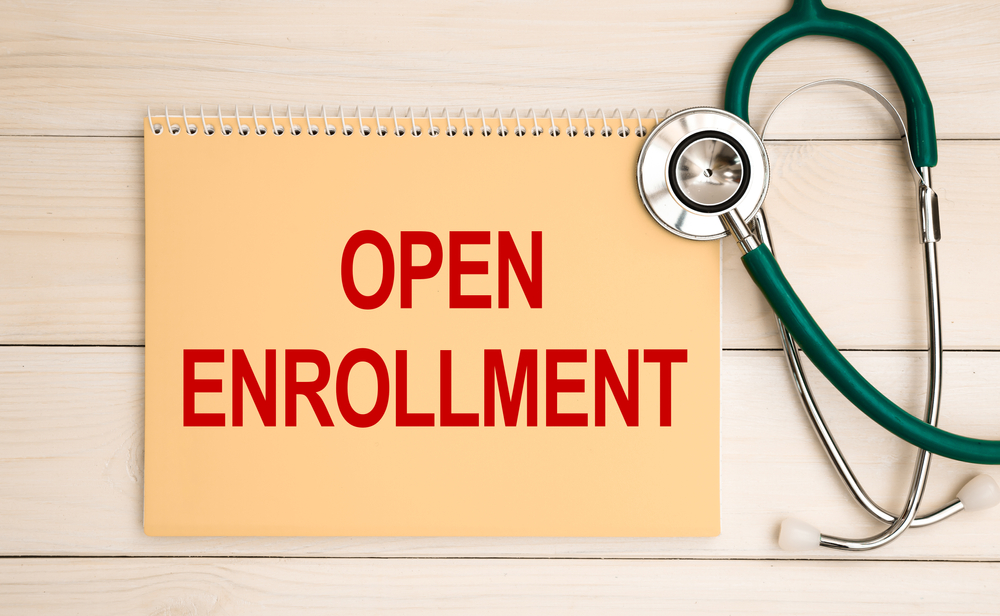It’s Medicare Open Enrollment Time: Is Your Plan Still Working for You?
Every year Medicare gives beneficiaries a window of opportunity to shop around and determine if their current Medicare plan is still the best one for them. During Medicare's Open Enrollment Period, which runs from October 15 to December 7, beneficiaries can freely enroll in or switch plans.
Posted on September 17, 2021

During this period you may enroll in a Medicare Part D (prescription drug) plan or, if you currently have a plan, you may change plans. In addition, during the seven-week period you can return to traditional Medicare (Parts A and B) from a Medicare Advantage (Part C, managed care) plan, enroll in a Medicare Advantage plan, or change Advantage plans.
Beneficiaries can go to www.medicare.gov or call 1-800-MEDICARE (1-800-633-4227) to make changes in their Medicare prescription drug and health plan coverage.
According to the New York Times, few Medicare beneficiaries take advantage of Open Enrollment, but of those who do, nearly half cut their premiums by at least 5 percent. Even beneficiaries who have been satisfied with their plans in 2021 should review their choices for 2022, as both premiums and plan coverage can fluctuate from year to year. For example:
- Are the doctors you use still part of your Medicare Advantage plan’s provider network?
- Have any of the prescriptions you take been dropped from your prescription plan’s list of covered drugs (the “formulary”)?
- What are your total out-of-pocket costs?
- Could you save money with the same coverage by switching to a different plan?
For answers to questions like these, carefully look over the plan's "Annual Notice of Change" letter to you. Prescription drug plans can change their premiums, deductibles, the list of drugs they cover, and their plan rules for covered drugs, exceptions, and appeals. Medicare Advantage plans can change their benefit packages, as well as their provider networks. For more about Medicare Advantage plans, click here.
Remember that fraud perpetrators will inevitably use the Open Enrollment Period to try to gain access to individuals' personal financial information. Medicare beneficiaries should never give their personal information out to anyone making unsolicited phone calls selling Medicare-related products or services or showing up on their doorstep uninvited. If you think you've been a victim of fraud or identity theft, contact Medicare.
Here are more resources for navigating the Open Enrollment Period:
- Medicare Plan Finder, which helps you find a plan to match your needs: www.medicare.gov/find-a-plan
- Medicare coverage options: www.medicare.gov/medicarecoverageoptions/
- The 2022 Medicare & You handbook, which all Medicare beneficiaries should have received. The handbook can also be downloaded online at: medicare.gov/forms-help-resources/medicare-you-handbook/download-medicare-you-in-different-formats
- The Medicare Rights Center: www.medicareinteractive.org
- Your State Health Insurance Assistance Program, which offers independent counseling: www.shiptacenter.org
More from our blog…
Elder Financial Abuse: How an Elder Law Attorney Can Help
Elder financial abuse is a significant issue affecting many older adults nationwide. It involves someone exploiting or misusing an older person’s finances or assets for [...]
Does Medicare Cover Prescription Weight Loss Drugs?
Americans have a growing appetite for prescription drugs such as Ozempic, Wegovy, and Mounjaro. Originally developed to treat Type 2 diabetes, they are now exploding [...]
How Social Security Overpayment Rules Are Changing
With a new commissioner at the helm, the Social Security Administration (SSA) has been announcing several policy changes in recent weeks. In late March 2024, the [...]
Claiming the Guardianship of an Elderly Parent
Often an aging parent will lose their ability to think clearly or make informed decisions about their life. This may occur because of dementia, mental [...]
Recent blog posts

FREE WEBINAR
5 Things to Know About
Estate Planning
When You Turn Sixty-Five





